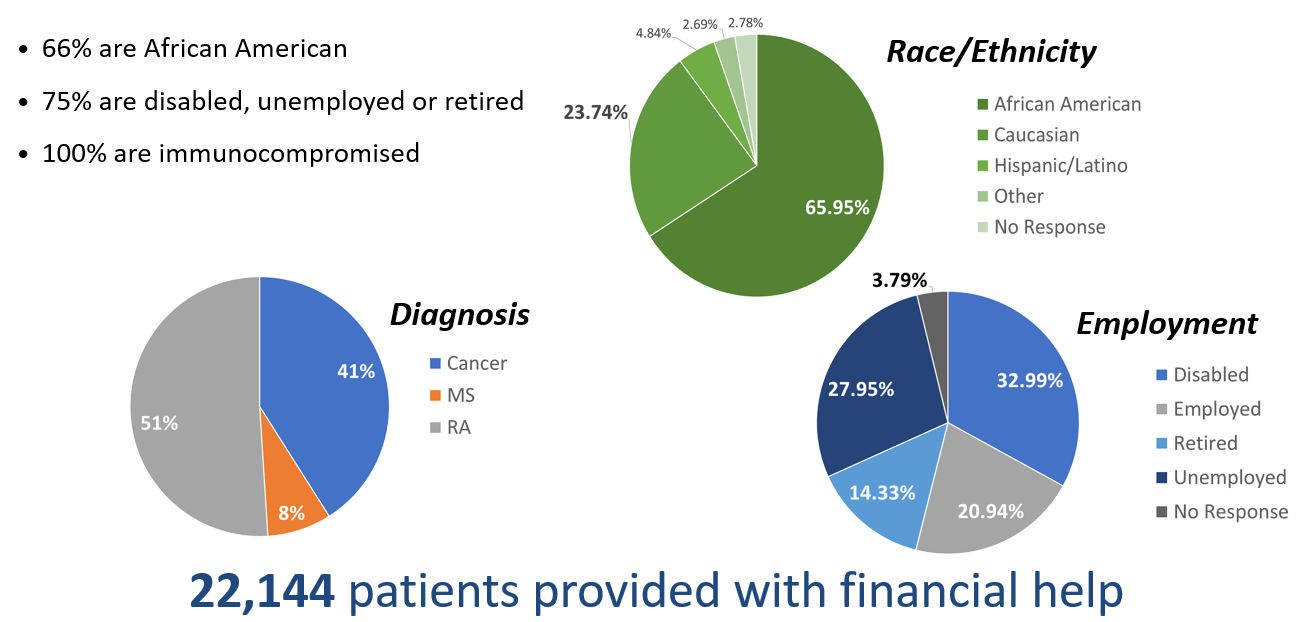Even before the outbreak of COVID-19, too many American families suffered from food insecurity. An estimated 13.7 million families, or 10.5% of all U.S. households, experienced food insecurity at some point during 2019.
As the public health crisis unfolded, millions more Americans experienced acute hardship and struggled to afford basic needs. Research from Northwestern University found that food insecurity more than doubled as a result of the pandemic, impacting up to 23% of all U.S. households at some point during 2020.
As a source of vital health care coverage for more than 78 million Americans, including low-income children and adults, Medicaid and the Children’s Health Insurance Program (CHIP) are a lifeline for many people who may be facing food insecurity. As the COVID-19 crisis exacerbated food insecurity challenges, the federal government and states have taken key steps to preserve enrollment and expand access to food assistance.
To augment these efforts and further bridge the food security gap, the Patient Advocate Foundation (PAF) — sister organization to the National Patient Advocate Foundation, a Modern Medicaid Alliance partner — launched a novel collaboration called the “The COVID-19 Emergency Food Assistance Program.”
Leveraging Respective Strengths to Make a Difference
Launched in May 2020 in partnership with Team Rubicon, the COVID-19 Emergency Food Assistance Program sought to provide assistance to some of the most at-risk individuals – immunocompromised patients living with cancer, multiple sclerosis, or rheumatoid arthritis – who were struggling to access food due to the impacts of COVID-19.
The program leveraged the unique offerings of Team Rubicon, a nonprofit organization that mobilizes veterans to respond to natural disasters and other humanitarian crises, with PAF’s experience and expertise providing direct aid to patients with chronic and debilitating illnesses.
These complementary strengths turned the COVID-19 Emergency Food Assistance Program into a multidimensional patient support program that:
- Matched a volunteer veteran from the local community with a patient requesting food delivery support;
- Identified alternate local food sources, including food banks and food pantries; and,
- Provided critical financial assistance through grants of $300 to $500 for patients in need.

Providing Support Through A Coordinated Response
Over a 5-month period, the COVID-19 Emergency Food Assistance Program succeeded in:
- Providing financial assistance to over 22,000 people living with cancer, multiple sclerosis, and rheumatoid arthritis;
- Supporting patients across all 50 states;
- Delivering food to over 1,100 families; and,
- Assisting over 1,500 families in identifying local food sources and other resources.
Further, these efforts were concentrated in communities with the most needs. Of the aid recipients:
- More than 70% were Hispanic or African American;
- 75% were disabled, unemployed, or retired; and,
- 100% were immunocompromised.

While COVID-19 has exacerbated some of the nation’s most pressing food security challenges, Modern Medicaid Alliance partners like the National Patient Advocate Foundation are stepping up to help meet the needs of at-risk communities throughout the crisis.